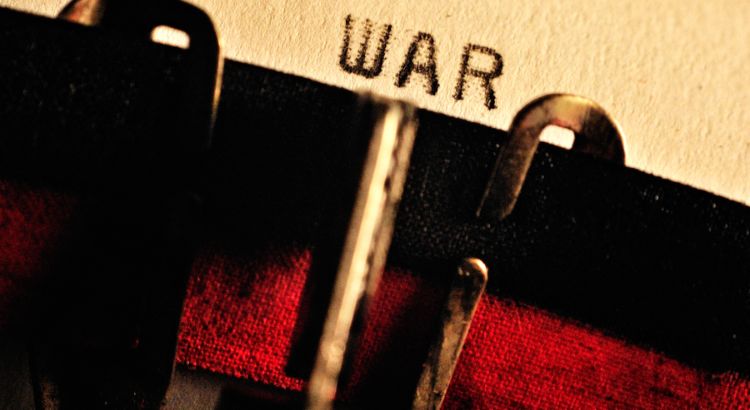
Before the World War, literature was filled with aestheticism, eloquence, and novelty. It was like art, where the audience would rave at its beauty and acknowledge the surpassing excellence of the authors rather than understand its meaning. It was a narrow sphere with a limited area for innovation and dialogue.
However, the early 1900s changed this paradigm into a complex and more influential system.
Literature mirrors the society. It describes the epiphanies, despair, joy, romances, and tragedies people go through from a creative lens. Previously, authors used it as a canvas to paint their lofty ideas, but the horrors of World War left them with no time to brush up their philosophies.
The adversity of time compelled these authors to break away from romanticism and focus on more social and political narratives. Although the early 19th century was seen as the dawn of Anglo-American modernists, it soon turned into a revolt against the global collapse. It molded our books and authors into responsible revolutionists and inspirations.
The Modernist Revolution of World War I
1908 to 1914 was a period of innovation. Authors and poets turned to magazines and newspapers to put out their political, radical, and ideological perspectives. The initial years were brimming with the untapped potential of rookie novelists entering the picture and audacious experimentation on poems and prose by poets. This revolt was a challenge to the prevalent stereotyped post-romantic era. Fresh ideas on anthropology, psychology, political theory, and psychoanalysis were explored and highlighted by pro-modernists.
World War I came with a wave of destruction, which affected the modernists and the conventionalists alike. The poets were the most affected, experiencing the horrors of warfare firsthand. One of the emerging talents of these turbulent times was Virginia Woolf, a star advocate of feminism. She offered different outlets for the destructive male mind. She held male egotism as the main culprit behind the ongoing adversity. Her work majorly focused on contemporaries revolving around time and history, for example: “To the Lighthouse,” “A Room of One’s Own,” and “Mrs. Dalloway.”
The brave writer firmly believed that traditional literary forms were no longer an adequate vessel for social and political expression. On the other hand, Madox Ford commented and analyzed the downfall of the aristocratic England in War in his 1915 novel “The Good Soldier.”
Economic Collaapse and the Great Depression
World War I profoundly impacted human lives and English literature, which became even more intense after the economic collapse in the late 1920s, followed by the Spanish Civil War and the conflicting atmosphere in Europe. The writing in the mid-1930s became bleak and pessimistic. Even Evelyn Waugh’s brilliant Satire “Vile Bodies” could not revive the spirit. But, as an effect, literature became more critical in that fraction of the 19th century; fiction discussed heavier themes like sexual repression and class division.
The war soon crept into the economic infrastructure, creating cracks in the financial systems and dragging the already oppressed into a more detrimental situation. The global economic fall of the late 1920s and the early 1930s led humanity to another brink of suffering: The Great Depression. A period known for unemployment, poverty, and other untold horrors that haunt the victims’ families even to this day. Yet, it also marks the period of some of the best writing pieces of the decade. Writers were driven to find a cure for sexual repression and class division with texts and notions. W.H. Auden, C. Day-Lewis, and Stephen Spender were some of the first writers of the new generation who did not fear voicing their defiance and despair.
Poets were also not far behind, such as T.S. Eliot, a realist who utilized myths and symbols to innovate a unique concept in his poem “The Waste Land.” It is an ode to the post-war generation, describing how humanity has always suffered due to moral laxity and sin—an anthem to share the pain of those who suffered rather than glorifying the upheaval of the past.
Final Thoughts
Literature is a creation of the human mind, a beautiful allegory of history and the present that will continue to be passed down from generation to generation. Literature becomes a mirror that reflects past mistakes, observes the present, and provides a hypothesis for the future. It can be a great way to learn about the destruction the World Wars had inflicted on the victims and how literature became a revolutionary element in bringing change in the coming eras.
Discover more monumental literary works of the war era in Chiaretto Calò’s book, The Library of Humanity: The Most Influential Books of all Time. A detailed encyclopedia of more than 300 masterpieces from various genres, all from different cultures, summed up in one place. It is an excellent addition to your collection and an essential read to learn about the hidden gems of literary society. Grab your copy of The Library of Humanity: The Most Influential Books of all Time from Amazon.




